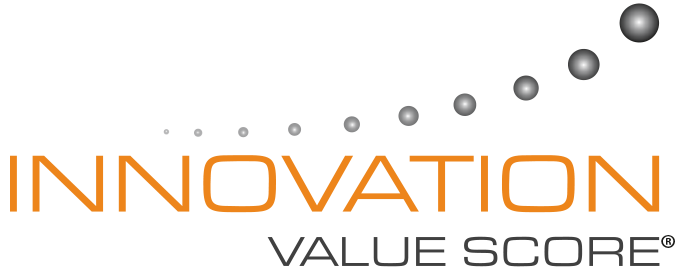Introduction:
Financial fraud is a grave concern that can significantly impact the stability and reputation of any organization. It involves deceptive practices aimed at misappropriating funds, manipulating financial records, or gaining unauthorized access to valuable assets. The importance of detecting and preventing financial fraud cannot be overstated. In this comprehensive guide, we will delve into various aspects of financial fraud, from its types to strategies for prevention, aimed at our diverse audience of Business Owners, Financial Professionals, Staff, HR personnel, and Students. If you believe that the chosen topic of the article is urgent both for you and for the entire young generation, and you would like to continue receiving content with true facts, and detailed answers, then you can use the cheap article writing service https://essaysprofessors.com/cheap-article-writing-service.html.
I. Understanding Different Types of Financial Fraud
Financial fraud comes in many forms, each with its unique tactics and consequences. Business Owners, Financial Professionals, and Staff must be familiar with these types to effectively safeguard their organizations:
- Employee Theft and Embezzlement
- Billing and Invoicing Fraud
- Expense Reimbursement Fraud
- Payroll Fraud
- Financial Statement Fraud
- Vendor Fraud
- Identity Theft and Phishing
- Cybersecurity Breaches and Data Manipulation
III. Recognizing Red Flags of Financial Fraud
Early detection of financial fraud requires vigilance and awareness. Business Owners, Financial Professionals, and Staff should be attuned to the following warning signs:
- Unexplained Discrepancies in Financial Records
- Frequent and Unapproved Adjustments to Accounts
- Duplicate or Suspicious Invoices and Payments
- Anomalies in Employee Behavior and Lifestyle
- Inconsistencies in Expense Reports and Reimbursements
- Drastic Changes in Financial Performance
- Unusual Vendor and Supplier Activities
IV. Strategies for Preventing Financial Fraud
Preventing financial fraud requires a proactive approach involving the collective effort of Business Owners, Financial Professionals, Staff, HR personnel, and Students:
- Implementing Strong Internal Controls
- Conducting Thorough Employee Background Checks
- Providing Ongoing Training and Awareness
- Establishing a Whistleblower Hotline
- Emphasizing Ethical Culture and Tone from the Top
V. Technology and Tools for Fraud Detection
Leveraging technology can enhance fraud detection capabilities:
- Using Data Analytics and AI
- Fraud Detection Software and Tools
- Monitoring and Auditing Software
- Encryption and Cybersecurity Measures
VI. Investigating and Responding to Suspected Fraud
When suspicions arise, taking swift and appropriate action is crucial:
- Forming an Internal Investigation Team
- Preserving Evidence and Data
- Involving Legal and Law Enforcement When Necessary
- Taking Appropriate Disciplinary Actions
VII. Case Studies and Real-Life Examples
Examining real-life case studies provides valuable insights into how fraud can occur and how it can be prevented:
- Case Study 1: Embezzlement in a Small Business
- Case Study 2: Vendor Fraud in a Mid-sized Company
- Case Study 3: Cybersecurity Breach and Data Manipulation
VIII. Educational Initiatives for Students and Future Professionals
Future professionals play a critical role in preventing financial fraud:
- Integrating Fraud Prevention into Academic Curricula
- Student Workshops and Seminars
- Encouraging Research and Projects on Fraud Detection
IX. Conclusion
Detecting and preventing financial fraud is a shared responsibility that extends to Business Owners, Financial Professionals, Staff, HR personnel, and Students. By understanding various types of fraud, recognizing red flags, and implementing robust prevention strategies, organizations can fortify their defenses against financial fraud. Embracing a culture of vigilance, ethics, and continuous improvement ensures a secure financial environment that safeguards both assets and reputation. As we collectively strive for a fraud-free workplace, we empower ourselves and our organizations to thrive in a trustworthy and transparent business landscape.

